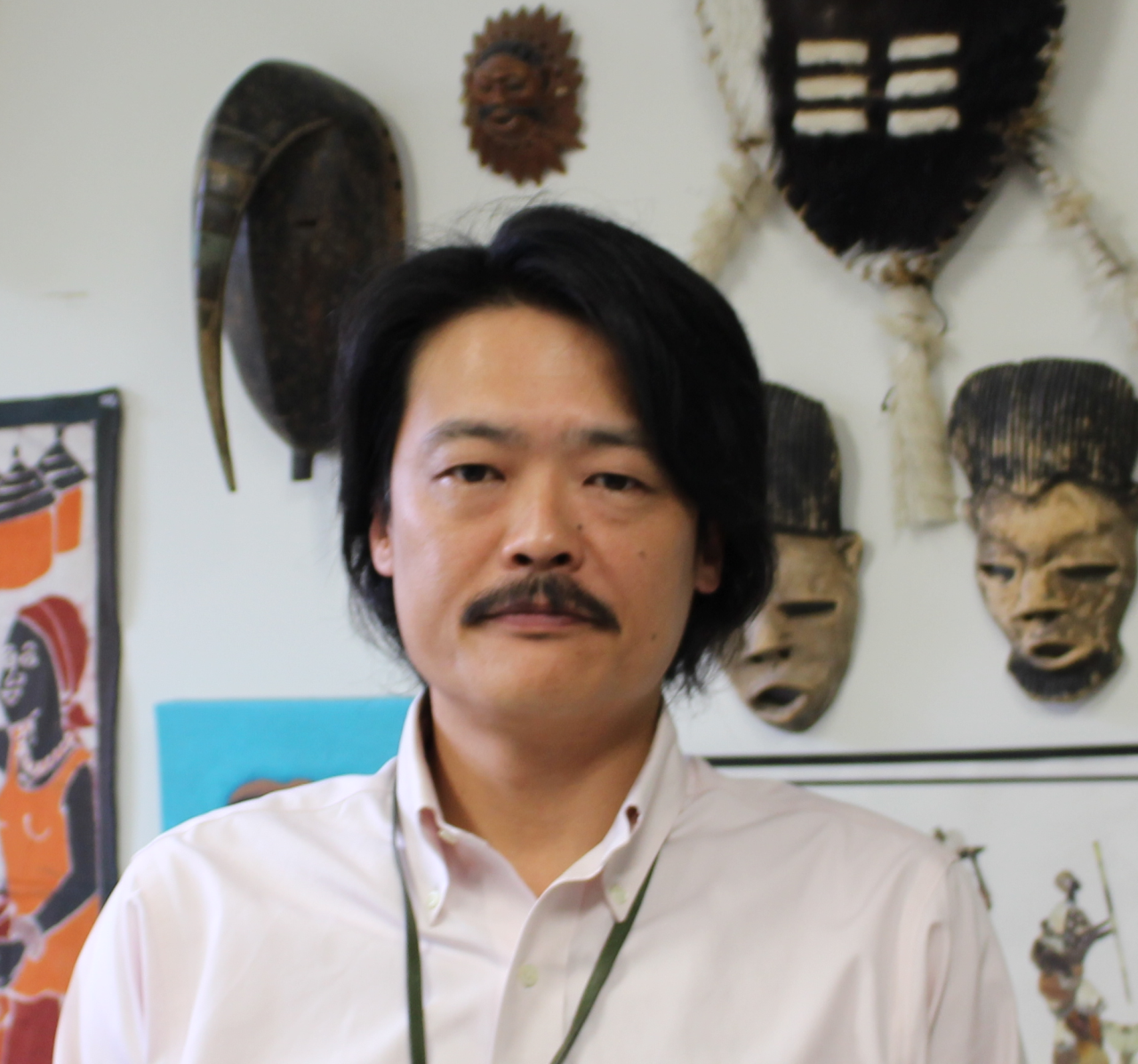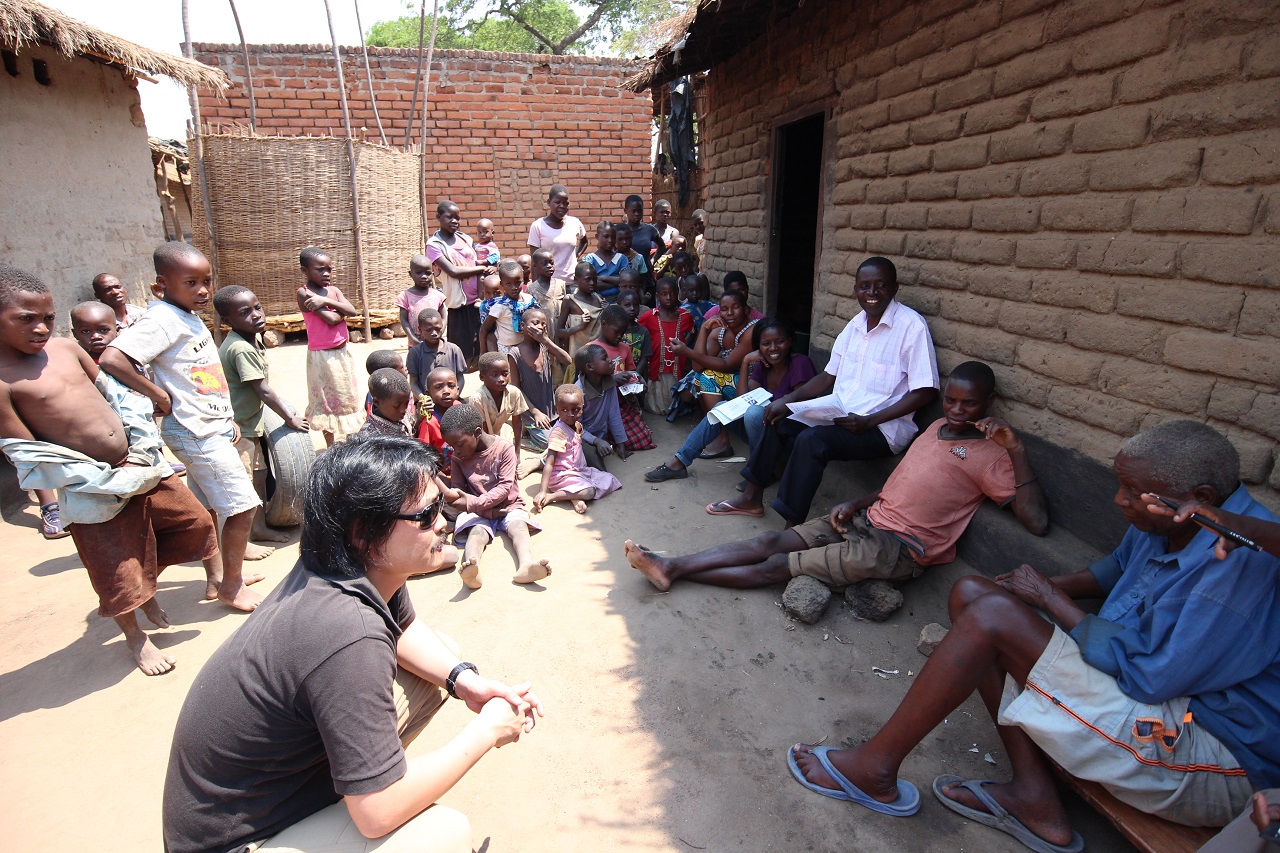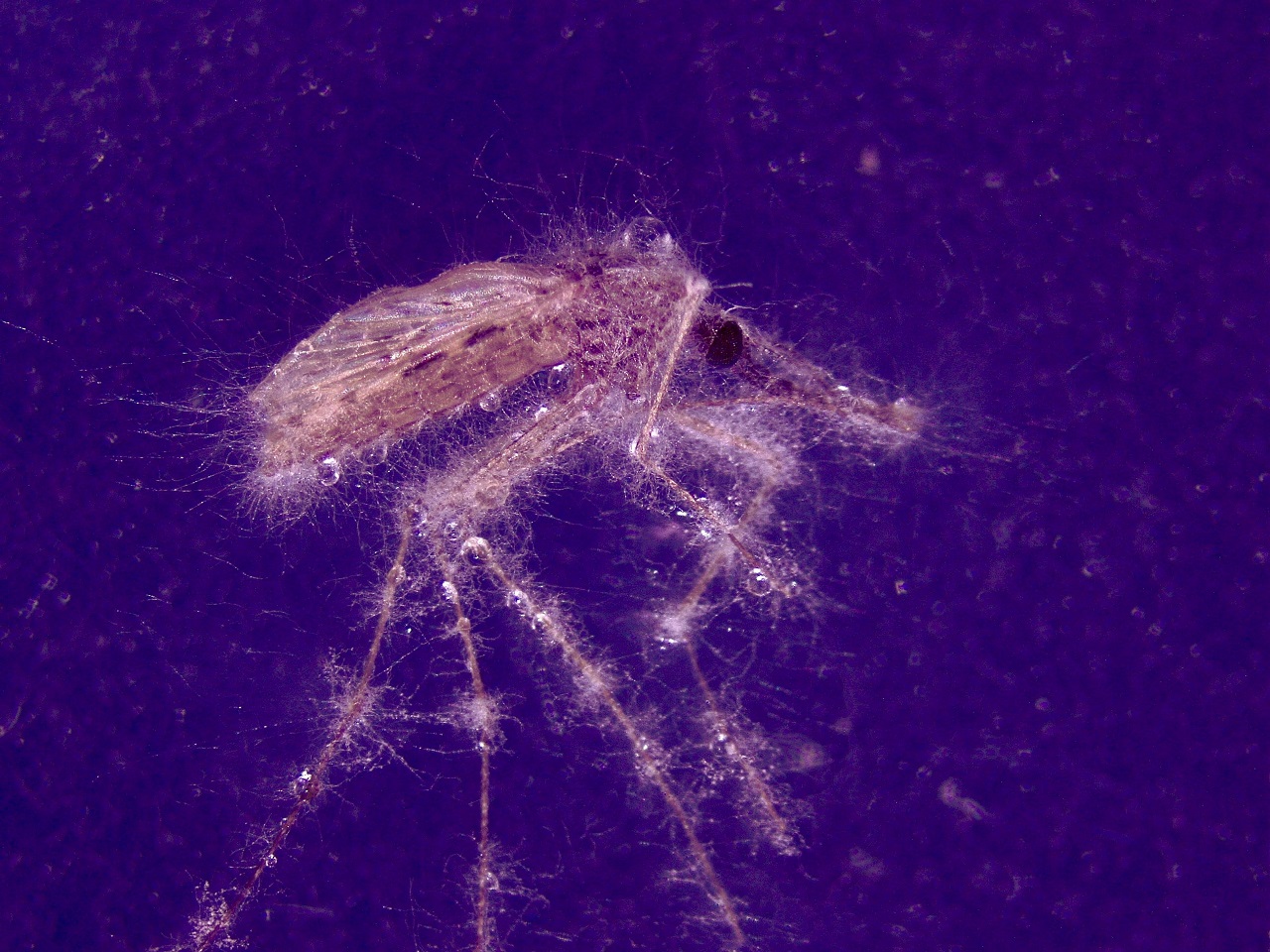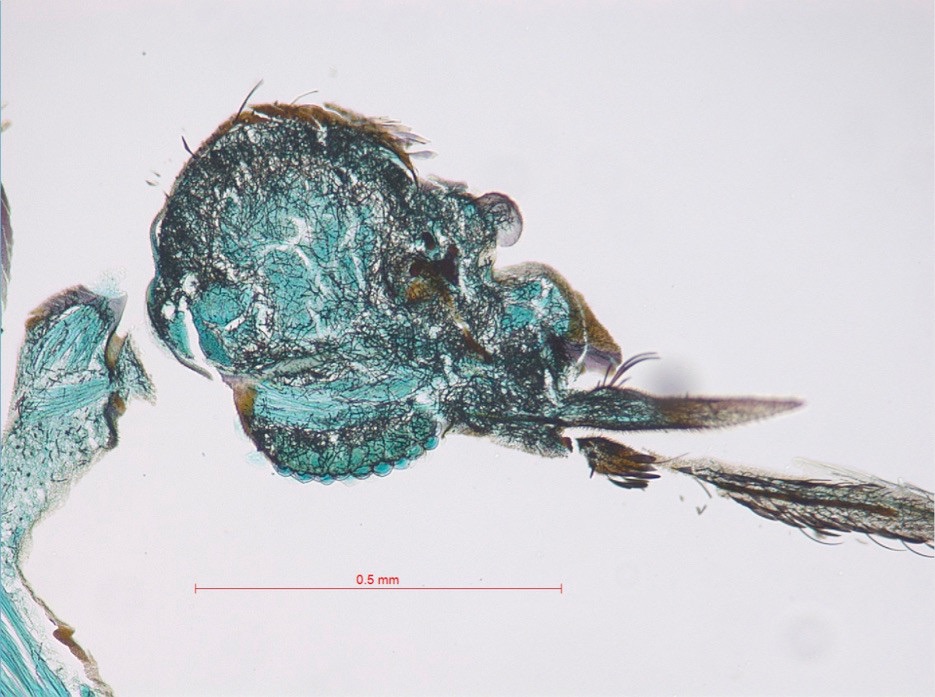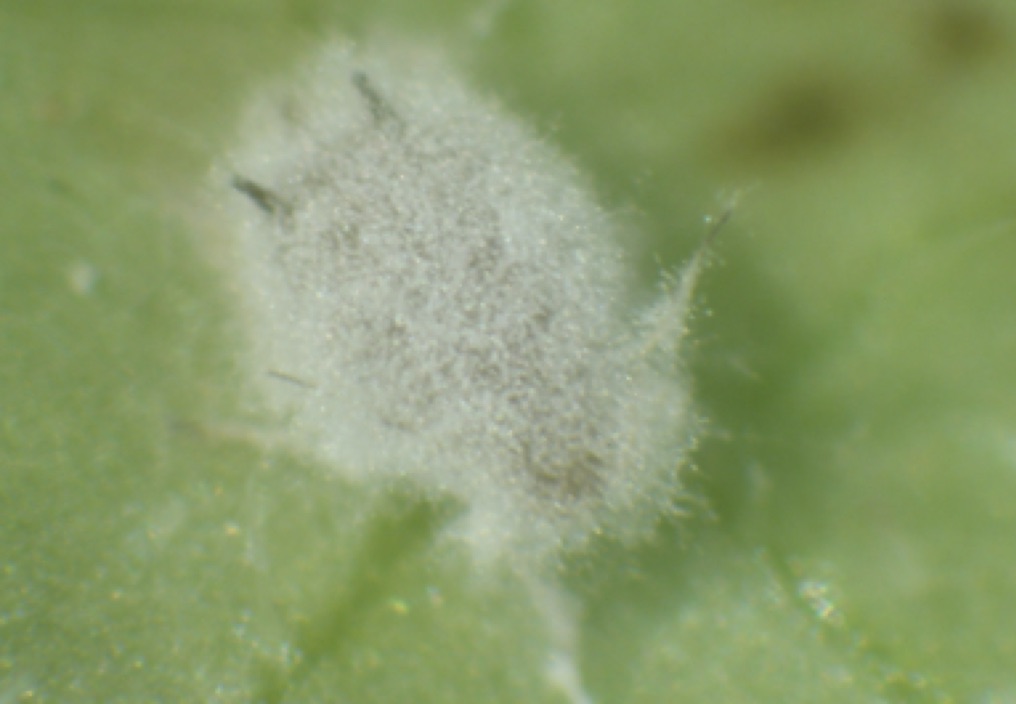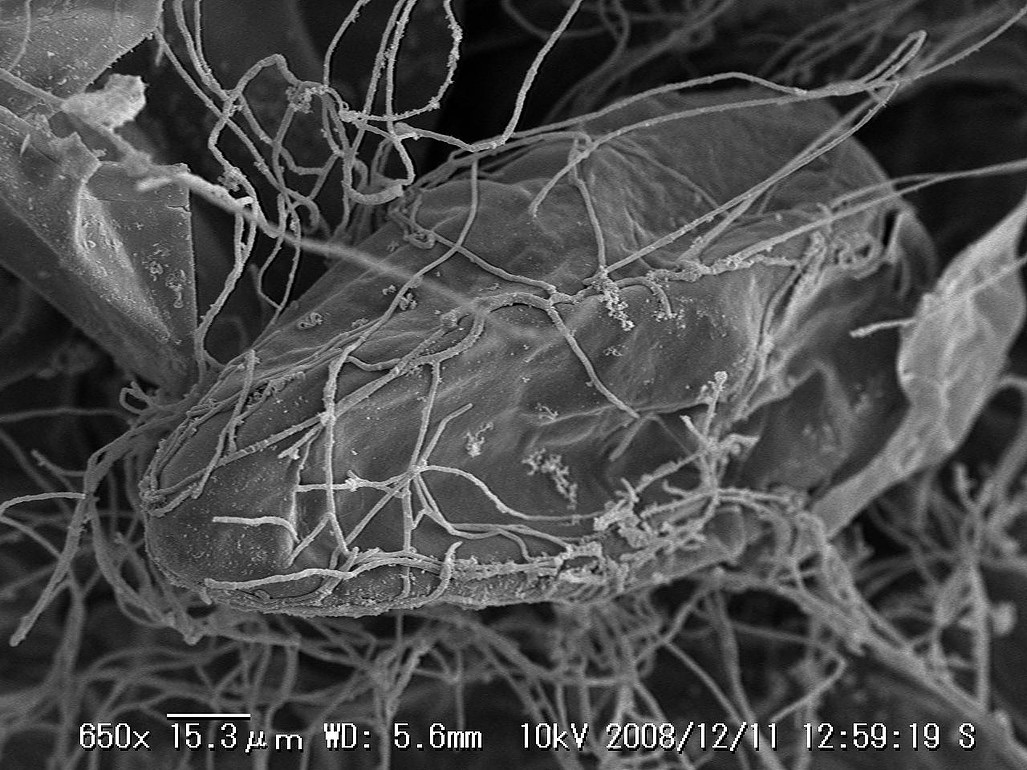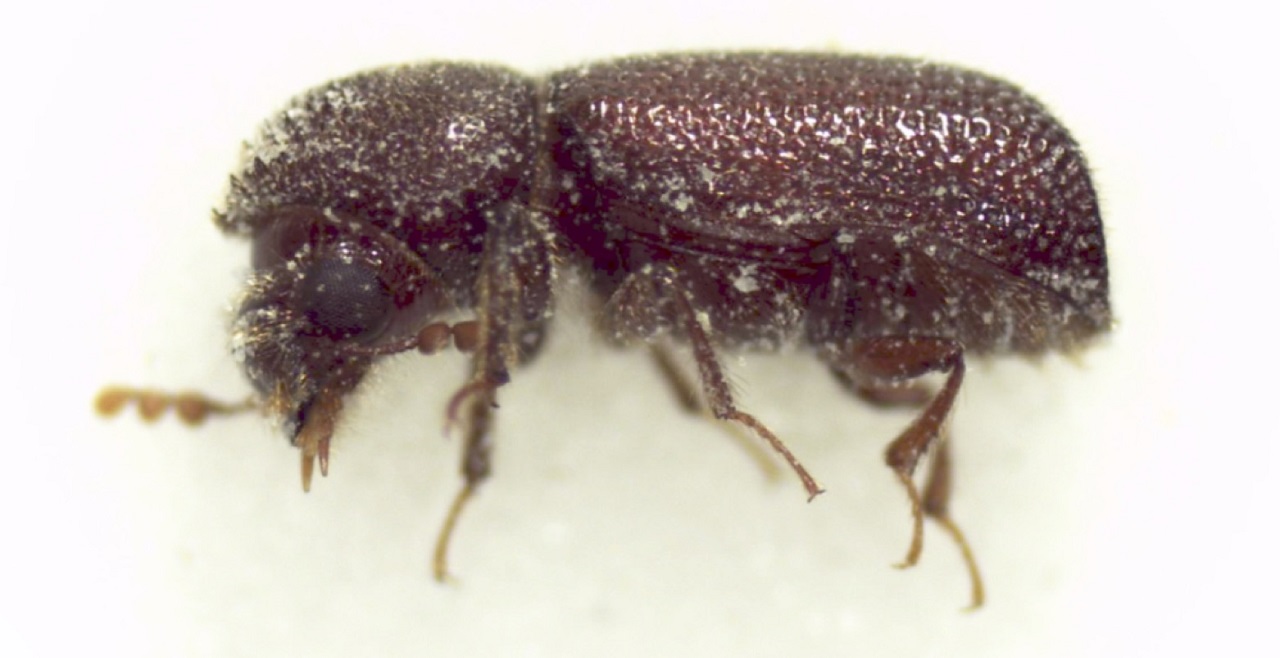AIUCHI Daigo Associate Professor
Instructable research topic for doctoral thesis
- 上記、農業害虫・衛生害虫・貯穀害虫を対象とした害虫防除研究を実施していますが、この他に興味のある研究材料や防除技術、研究分野があればぜひ提案してください。どういった方法論で希望するテーマを形にできるか一緒に考えましょう。どうせやるなら、ワクワク感を持って没頭できる楽しい卒論テーマ選びをしたいと考えています。
Message
農業害虫管理学分野では「潜在収量レベル」という言葉があります。これは、防除を実施することで損失をゼロにした場合の農作物の収量のことです。現状では、防除を実施しても30〜50%が病害虫の被害で損失しているとされており、防除技術のイノベーションにより、これだけの増収が可能であることを示してます。我々は、この潜在収量レベルにいかに近づけるか、害虫による被害をいかに軽減するか、試行錯誤を重ね日夜研究を進めております。
当ラボの上位目的として「食糧安定供給」と「感染症制圧」とがあげられますが、いずれも人類の生存や豊かさにつながるテーマです。これらの課題に対して害虫の防除というアプローチから問題の解決に取り組んでいます。
| Self introduction |
I’m from Sapporo. I played basketball in junior high school, did alpine skiing in high school, and did freestyle kayaking and Western riding at university. Since entering the workforce, I’ve enjoyed playing ice hockey. The lab I chose was one where I would be able to research phytopathology. But at a tremendous turning point, my supervisor changed his specialty and before I knew it, I’d become a specialist in applied entomology. I’m an Obihiro University of Agriculture and Veterinary Medicine faculty member who’s also an alumnus, one of few such faculty members in recent years. I’m interested in DIY, and I’ve been hooked on cooking, camping and wood carving. |
| Room address | General Research Building 1 |
| Room number | S3105-5 |
| Mail address | aigo  obihiro.ac.jp
obihiro.ac.jp |
Belongs
Research Center for Global Agromedicine/Department of Agriculture and Animal ScienceResearch Department/Department of Agro-environmental Science/Division of Plant Production Science/Section of Plant Production ScienceAgritech and Livestock Innovation Hub/Plant Production Science Research Promotion DivisionIntroduction
The research topics in this laboratory can be broadly divided into three categories: agricultural pests, medical pests, and stored-grain pests. We are researching how to control these pests, how they die, and what changes occur before and after death. Basically, we are focusing on biological control using entomopathogenic fungi, but we will not hesitate to use other approaches if they can kill or render pests harmless in a beautiful way, such as using insect natural enemies, botanical pesticides, or light attraction.
Currently, we are researching (1) biological control and behavioral changes in aphids and lepidopterous agricultural pests using endophytic entomopathogenic fungi, (2) research on the phenomenon whereby vector mosquitos infected with entomopathogenic fungi are alive but are no longer effective as vectors, and the clarification of the mechanism behind that ineffectiveness, (3) the infection dynamics of entomopathogenic fungi on orally administerd pests, (4) the development of biological control methods to reduce the damage caused by stored-grain pests in Africa and the construction of a local fungal strain library, and (5) the isolation of tick-parasitic fungi from ticks that parasitize Yezo sika deer.



